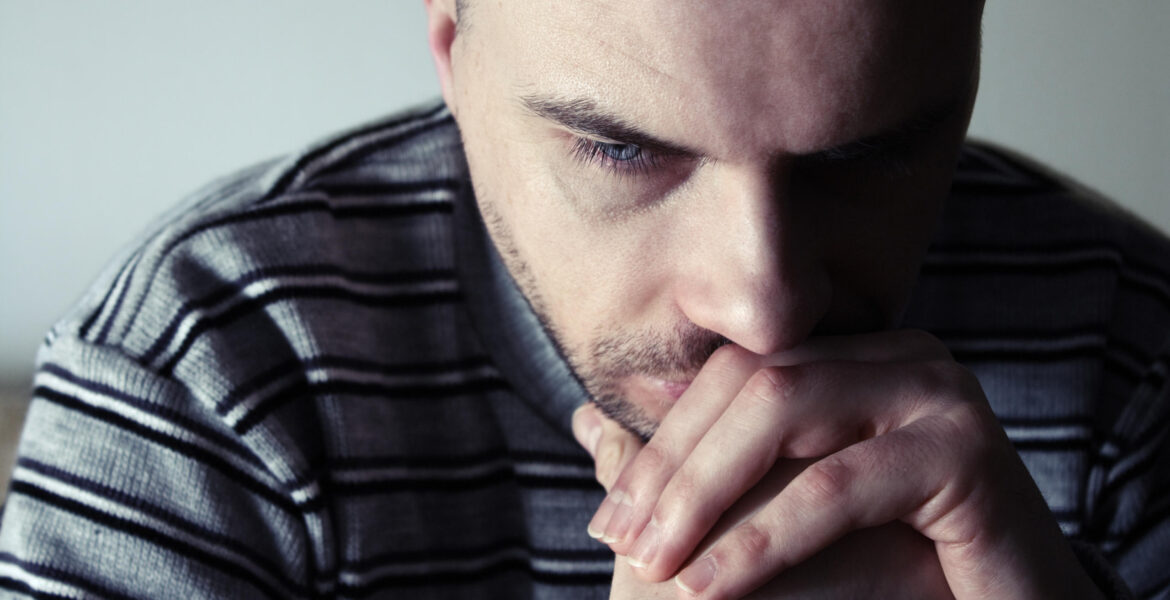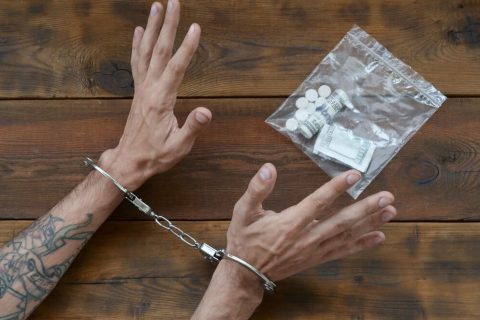What Are the Signs of Heroin Abuse?

Heroin abuse is a problem that is on the rise in the United States. It can be difficult to know if someone you love is using heroin because the signs are not always obvious.
Keep reading for an overview of the signs of heroin abuse and how to get help at an addiction rehab center in South Florida for someone addicted to this dangerous drug!
Heroin Addiction Statistics
Since 2010 when it was only 314,000 people, the number of people using heroin has risen significantly.
According to the Centers for Disease Control and Prevention, nearly 600,000 people in the United States were using heroin in 2018.
This increase is concerning as heroin use can significantly adversely affect a person’s body and mind.
How Does Heroin Use Affect the Brain?
Heroin is an opioid drug that affects the brain by binding to opioid receptors. This increases dopamine levels in the brain, leading to a feeling of intense pleasure.
However, regular heroin use can alter the brain’s chemical makeup and lead to dependence on the drug.
Risk Factors for Heroin Addiction
Several genetic, environmental, and psychological risk factors contribute to an increased risk of an individual abusing heroin.
Genetic
There is evidence that suggests a genetic predisposition for addiction.
In fact, if someone has family members who have struggled with alcohol or drug abuse, they are at an increased risk of developing an addiction themselves.
Environmental
People from low-income and unstable homes may be at higher risk of heroin abuse due to their environment.
Furthermore, they may also be more likely to have access to cheaper, more accessible forms of heroin.
Psychological
Mental illness and trauma can also increase an individual’s risk of developing an addiction to heroin.
People who suffer from depression or anxiety may turn to heroin as a means of self-medication to cope with their symptoms.
What Are Common Signs and Symptoms of Heroin Use?
To identify a potential addiction, it’s crucial to know the signs and symptoms of heroin use.
Some common heroin use signs and physical symptoms include:
- Unusual sleep patterns or changes in energy levels
- Weight loss or poor nutrition
- Shallow breathing, decreased heart rate, or drops in blood pressure
- Slurred speech or changes in appearance
- Changes in behavior, such as becoming more secretive or withdrawn
- Hostility toward others
- Loss of interest in activities previously enjoyed
- Financial problems due to spending money on heroin
- Scabs or bruises as the result of picking at the skin
- Hallucinations, paranoia, and disordered thought
- Diminished regard for personal hygiene
- Possession of drug paraphernalia like burned spoons, needles or syringes, shoelaces, and glass pipes
- Stashing drugs in various places around the home, car, and work
- A decline in occupational or academic performance
- Frequent complaints of dry mouth or respiratory infections
- Wearing long pants and shirts, regardless of the weather
- Forcing or blanking out while speaking
- Presence of track marks on the skin of arms or legs
- Constricted pupils, flushed or itchy skin
Side Effects of Prolonged Heroin Addiction
Heroin use can lead to a variety of physical and mental side effects, including:
- Nausea and vomiting
- Constipation
- Respiratory depression, which may lead to pneumonia and other illnesses
- Impaired cognitive function
- Loss of coordination
- Seizures or tremors
- Uncontrollable itching and skin infections
- Insomnia
- Loss of appetite
- Liver disease
- Disorders of the valves and lining of the heart
- Increased risk for HIV/AIDS and Hepatitis B and C due to shared needles
- Blood clots contribute to the risk of stroke, pulmonary embolism, and heart attack
- Coma or death (in extreme cases)
Heroin Withdrawal Symptoms
When a person stops using heroin after developing a dependence, they will likely experience uncomfortable symptoms of withdrawal.
These symptoms can range from mild to severe and may include the following:
- Increased sweating or cold sweats
- Nausea, diarrhea, and vomiting
- Insomnia
- Intense drug cravings
- Anxiety and depression
- Agitation and irritability
- Muscle aches and pains
- Abdominal cramps
- Rapid heart rate and breathing
- Perceptions of heaviness in the body
- Death can occur when other medical conditions are present
How is Heroin Addiction Treated?
If you are concerned that someone may be abusing heroin, it is essential to get them help.
When it comes to treating substance abuse, the course of heroin addiction treatment will depend on the individual.
Care at a drug and alcohol treatment center in Davie may involve a combination of medication, therapeutic interventions, and lifestyle changes.
Medication-assisted treatment (MAT) may help reduce withdrawal symptoms, cravings, and other negative symptoms associated with heroin addiction.
Cognitive-behavioral therapy (CBT), motivational interviewing, and other types of treatment can help individuals develop better-coping skills, work through issues related to substance use, and learn how to resist cravings for heroin.
Finally, support groups such as Narcotics Anonymous can also benefit those in recovery.
How to Find a Comprehensive Drug Rehab Center for Heroin Abuse
When looking for a comprehensive drug rehab center for heroin abuse, it is essential to consider whether the facility offers individualized and evidence-based treatment plans.
It should also have experienced staff members skilled in treating heroin addiction.
The best programs will include medical detox services as well as therapy, counseling, and aftercare services to help individuals maintain sobriety after leaving the program.
Knowing the signs of heroin abuse can save lives. If you or a loved one is struggling with heroin abuse, it is essential to seek help right away.
By getting treatment for heroin use, individuals can regain control of their lives and start living healthier and happier lives.
ARC is a Heroin Drug Rehab Center in South Florida That Can Help You Today
Heroin abuse can be devastating to your life. Understanding the signs of heroin abuse can help you on your journey to sobriety.
Atlantic Recovery Center is an experienced Heroin Drug Rehab Center in South Florida that offers personalized treatment plans and evidence-based practices. If you or a loved one is struggling with heroin abuse, contact us today for more information on our treatment programs and to schedule a consultation!





